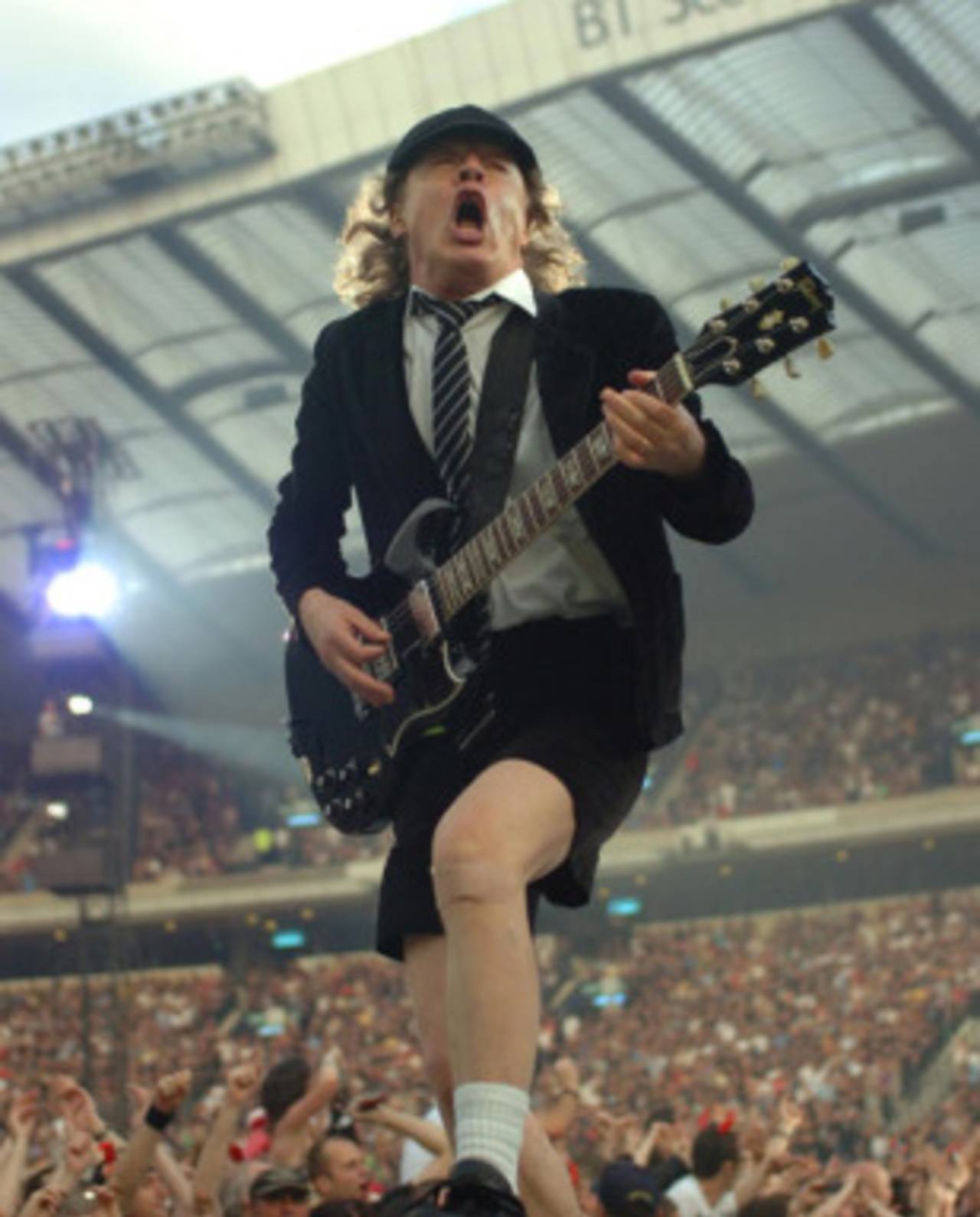New Zealand's relationship with Australia is a rocky and confused one. Sometimes it feels like Australia is the degenerate older brother you had when you were a kid. You know the kind. Got sent away by your parents to boarding school after having been apprehended for petty crime, sports a long, unwashed ponytail, roots for the bad guys in movies, and comes home every once in a while to make fun of your weight and get plastered off your parents' alcohol. In short, you hate Australia.
At other times, however, Australia is the shining light. The towering standard against which New Zealand measures itself. Everything from pop culture to GDP is compared to Australia's glittering achievements, and often the Kiwis come up heartbreakingly short. The realm of international cricket too, regrettably falls under this categorisation.
Australia have won
23 of the 33 ODIs played by the two teams since 2004. Once again, the intense rivalry created by New Zealand's disgust for their miscreant brother just ends up being another reason for Kiwis to get depressed about being inadequate.
A closer inspection of the statistics show us that it's not as simple as all that. The Chappell-Hadlee series tells a different tale. Each of New Zealand's eight one-day wins against the old foe since 2004 have come in this series. Which means that until the rot set in on Tuesday in Hamilton, the Kiwis had won
just as many Chappell-Hadlee games as Australia. That deserves a better explanation than the perfunctory "New Zealand just upped their game for the Aussies"-type drivel that gets bandied about.
The Chappell-Hadlee series was actually played, for eight or so short but wonderful years, in an alternate universe, where New Zealand is as good as Australia at cricket. Instead of simply watching a succession of electrifying, closely contested one-day series, we had actually stumbled upon a parallel dimension, where Daniel Vettori batted about a foot outside the off stump, Shane Bond remained injury-free while the rest of the team collapsed around him, and Brendon McCullum produced the kinds of innings he generally reserves for minnows or third-rate IPL attacks. There was even reason to believe that in this universe New Zealand's economy was more prosperous than that of the oversized desert island across the Tasman and AC/DC hailed from the Hamilton backwaters. Even Nicole Kidman was a Kiwi. Russell Crowe, however, thankfully remained Australian.
In this universe New Zealand's economy is more prosperous than that of the oversized desert island across the Tasman and AC/DC hail from the Hamilton backwaters. Even Nicole Kidman is a Kiwi. Russell Crowe, however, thankfully remains Australian
The fact that even the Australian Chappell-Hadlee team has been exceedingly dissimilar to the ruthless winning machine we were all used to is further evidence that there was inter-planar activity afoot. Think about it: Ricky Ponting was fairly average in this world, the Australian top order couldn't convert a start to save themselves, and Michael Clarke left the tour, citing what is simultaneously the
most bizarre and hilarious reason for missing a cricket tour ever. In addition, Mitchell Johnson, the man whose mother issues made you sympathise with him just six months ago, became the player everyone loved to hate. It's like no one even cared about Shane Watson anymore!
Nobody knows for sure how this alternate dimension came to interact with ours, but it is likely to have begun its influence in the
VB Series of 2001-02, where New Zealand, unbelievably, won three out of four ODIs against Australia. All this could be put down to pure coincidence or some sort of earthly explanation involving pitch conditions or form, but a look at the scorecard of the first
first Sydney day-nighter will have you convinced otherwise. Our universe simply does not allow a limited-overs side that features Mark Richardson's life-sappingly dull 71-ball 26 and has about seven allrounders too many, to overcome an Australian outfit which included the Waughs, Ponting, Bevan, McGrath and Warne. Clearly this match, and the series that surrounded it, were our first glimpses into an alternate reality that then established itself as the Chappell-Hadlee series.
However, it all finally faded away on a warm Hamilton evening, when things went back to normal. New Zealand were back to their old collapsing ways. An Australian reached triple figures. Our unhappy universe had regained dominance. All good things, I suppose, must come to an end.
Looking back, perhaps this parallel universe wasn't exactly perfect. No amount of alternate-dimension magic could improve Peter Ingram's footwork, or convince Simon Doull that going on and on about every little bad umpiring decision makes viewers want to cry. But it still seemed like a truly enchanting place. We can only hope that our own universe will become more like it in the years to come. Sure, Australians may disagree, but they are all delinquent alcoholics.
